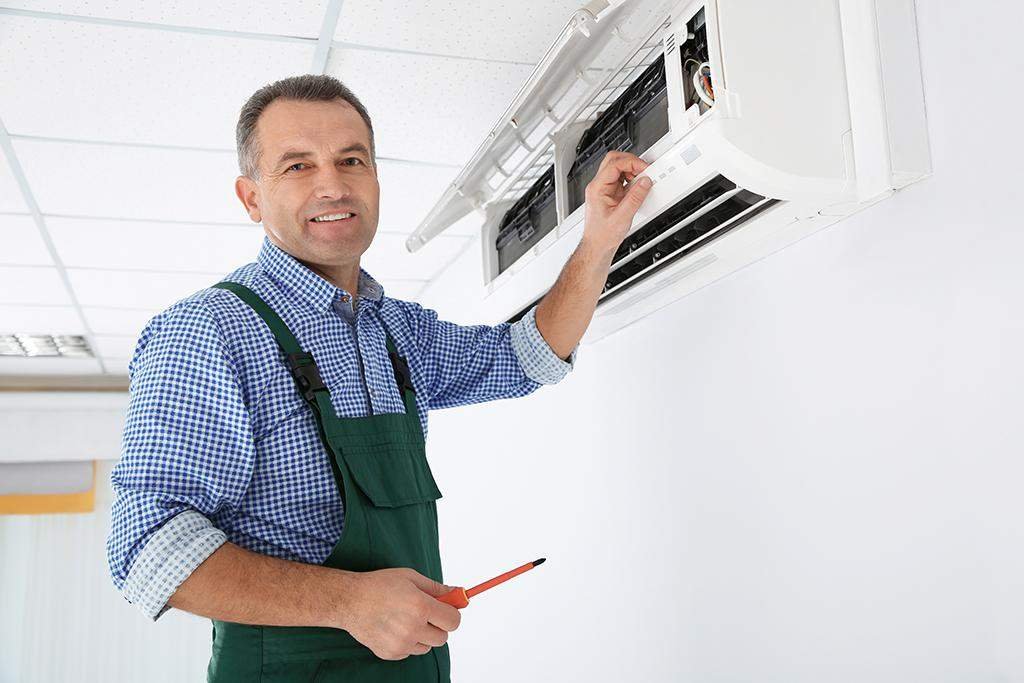When seasonal shifts occur, so do the demands on your heating, ventilation, and air conditioning system commonly known as heating and cooling systems. Grasping the ins and outs is vital for is crucial for your home comfort in your home year-round. As you prepare for winter’s cold or the sweltering heat of summer, investing effort in your HVAC system can help avoid expensive failures, improve energy efficiency, plus improve the quality of air indoors.
Here you will find key guides for periodic HVAC care that ensures the smooth operation of your system throughout the year. Covering common HVAC issues to smart tips for lowering energy bills, we will guide you through everything you need to know. Whether you are a novice or have some background in HVAC systems, our comprehensive tips will help you achieve a cozy living space that promotes health.

Understanding Climate Control Technologies
Heating, ventilation, and air conditioning, which stands for a critical component of modern comfort, is a crucial component in modern homes and buildings that guarantees comfort through temperature regulation and air quality control. At its core, HVAC systems execute three main functions: heating, cooling, and ventilation. By managing the indoor climate, they help create a comfortable living environment regardless of external weather conditions. Numerous systems combine these functions into a consolidated unit, whereas some systems might involve separate components for each function.
The heating component typically uses furnaces or thermal pumps to heat the indoor air during frigid months. Furnaces function by generating heat through various energy sources, while heat pumps convey heat from outside to the indoor space. In contrast, the cooling aspect primarily relies on cooling devices that extract heat from the indoor air, using refrigerants to cool and dehumidify the space efficiently. These systems work in conjunction with air ducts or fans to circulate warmed or cooled air throughout the building.
Ventilation, the third necessary function of HVAC systems, entails the exchange of indoor air with outdoor external air. This process is key for maintaining indoor air quality and removing pollutants, allergens, and moisture that can accumulate over time. Multiple forms of ventilation exist, including natural ventilation, forced ventilation, and equilibrated air flow systems. Together, these components and functions work to create a healthy and pleasant indoor environment suitable for all occupants.
HVAC Service and Efficiency
Consistent maintenance of your heating and cooling system is crucial for ensuring best functionality and effectiveness. A properly serviced system operates more effectively, which can cause reduced energy bills and enhanced comfort levels in your home. Fundamental upkeep tasks consist of swapping air filters frequently, checking for any leaks in ductwork, and ensuring that the outdoor unit is clear of debris. Organizing annual professional inspections can also help spot potential issues before they become serious problems.
Another critical aspect of HVAC performance is effective thermostat management. Adjusting your thermostat appropriately for each season can create a considerable difference in energy consumption. For winter, think about lowering your thermostat a couple of degrees when you are away or asleep. In the hot months, increasing the temperature a bit when you are not home can diminish cooling costs. Additionally, employing automatic thermostats can improve your HVAC system's efficiency by automatically adjusting settings based on your habits, thereby enhancing effectiveness.
Indoor air quality is interconnected with HVAC performance. Regular maintenance practices can stop dust, mold, and allergens from spreading in your home, which can negatively impact air quality and raise the workload on your HVAC system. Selecting the right air filters and ensuring proper ventilation are important for maintaining a healthy environment. This not only promotes your HVAC system’s performance but also promotes a more enjoyable and healthier living space.
Seasonal HVAC Preparations
Preparing your HVAC system for the transitioning seasons is essential to guarantee maximum performance and efficiency. For winter, it’s necessary to check the warmth components, including the heater and temperature control settings. Make sure to change out air filters to enhance airflow and maintain indoor air quality. Inspecting ductwork for leaks and sealing any openings can stop heat loss, helping to keep your home warm without overworking your system.
As the hot season approaches, it's essential to prepare your air conditioning system for the increased temperatures. Start by cleaning the outdoor unit of your air conditioner, clearing debris and foliage that could obstruct airflow. Examine the refrigerant levels, and confirm that all connections are firm. Adjusting https://click4r.com/posts/g/19973929/the-importance-of-hvac-in-commercial-spaces to a higher temperature while you're away can also assist lower energy bills, allowing your HVAC system to run more efficiently.
In each seasons, scheduling a professional tune-up can provide extra peace of mind. Technicians can discover and correct potential issues before they become significant problems, thus extending the life of your HVAC system. Regular maintenance is essential to promoting efficiency in energy use, enhancing indoor comfort, and avoiding costly repairs later on. By sticking to these seasonal preparations, you make certain that your home remains pleasant throughout the year.
